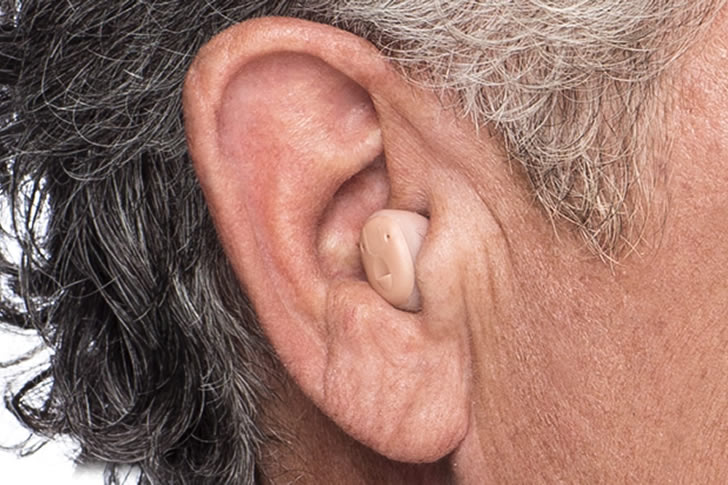How to Reduce Hearing Aid Costs for Seniors
Hearing loss is a common issue among seniors, and affordable hearing aids can significantly improve their quality of life.

Understanding Hearing Loss in Seniors
Hearing loss affects nearly one-third of people aged 65 to 74 and half of those older than 75. It can lead to social isolation, depression, and a decline in cognitive function. Addressing hearing loss with hearing aids is crucial for maintaining overall health and well-being.
Types of Hearing Aids
There are several types of hearing aids available, each catering to different needs and preferences:
- Behind-the-Ear (BTE): Suitable for severe hearing loss.
- In-the-Ear (ITE): Custom-made to fit the outer ear.
- In-the-Canal (ITC): Smaller and less visible.
- Completely-in-the-Canal (CIC): Nearly invisible and suitable for mild to moderate hearing loss.
The Cost of Hearing Aids
Hearing aids can be expensive, with prices ranging from $1,000 to $6,000 per pair. However, several strategies can help seniors find more affordable options.
Strategies to Get Cheap Hearing Aids
- Insurance Coverage: Some health insurance plans cover part or all of the cost of hearing aids. Check with your provider to see if you’re eligible.
- Medicare and Medicaid: While Medicare typically doesn’t cover hearing aids, some Medicare Advantage plans might. Medicaid coverage varies by state, so it’s essential to check local policies.
- Veterans Affairs (VA): Veterans may qualify for free or low-cost hearing aids through the VA.
- Nonprofit Organizations: Organizations like the Hearing Loss Association of America (HLAA) and Lions Club offer assistance programs for those in need.
- Online Retailers: Websites like Audicus and Lively provide affordable, high-quality hearing aids. These companies often cut out the middleman, reducing costs.
- Warehouse Clubs: Stores like Costco and Sam’s Club offer hearing aids at discounted prices. They also provide hearing tests and fittings.
- Local Clinics and Universities: Some audiology clinics and university programs offer discounted hearing aids as part of their training programs.
- Payment Plans and Financing: Many providers offer financing options, allowing you to pay for hearing aids over time.
- Refurbished and Used Hearing Aids: Consider purchasing refurbished or second-hand hearing aids. Make sure they are professionally cleaned and adjusted to your needs.
- Manufacturer Discounts and Coupons: Manufacturers occasionally offer discounts and coupons. Keep an eye on their websites and sign up for newsletters.
Additional Tips for Saving Money
- Trial Periods: Opt for hearing aids that come with a trial period, so you can ensure they are right for you without committing financially.
- Warranty and Service Plans: Invest in a warranty or service plan to cover repairs and maintenance, reducing long-term costs.
- Tax Deductions: Hearing aids are tax-deductible medical expenses. Keep receipts and consult with a tax professional.
Real-Life Examples
- Insurance Savings: Jane, a 70-year-old retiree, saved $1,500 on hearing aids through her Medicare Advantage plan.
- VA Benefits: Tom, a veteran, received a pair of high-quality hearing aids at no cost through the VA.
- Online Purchase: Mary bought hearing aids from Audicus for $1,800, significantly cheaper than the $4,000 quoted by her local clinic.
Conclusion
Affordable hearing aids for seniors are within reach through various resources and strategies. By exploring insurance options, nonprofit programs, online retailers, and more, seniors can find quality hearing aids without breaking the bank.







Recent Comments